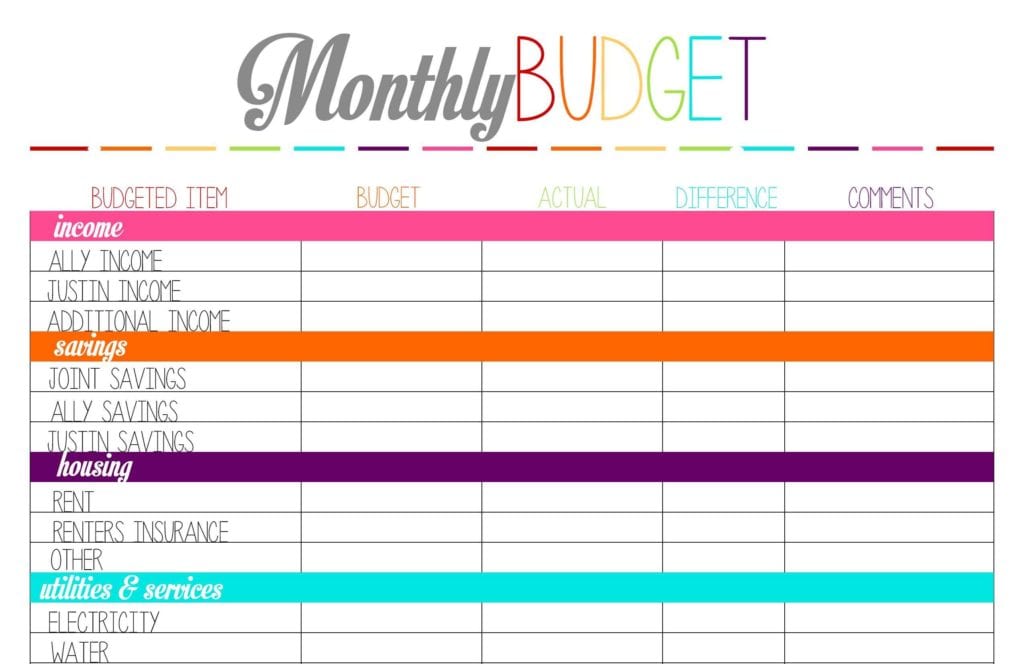

MONTHLY EXPENSES SPREADSHEET FOR SMALL BUSINESS FREE
This helps you discover important questions and hit on opportunities for cost savings and business investments early on.įor example, if paid advertising is your largest expense category, is every channel funneling high-quality leads? Do you need to negotiate longer payment terms to free up funds for slow months? Is your spend truly aligning with each team’s key performance indicators (KPIs)? You’re able to see how you’re actually allocating resources and whether your team is spending and earning the way you envisioned. Without this roadmap, you may run out of cash too early or spend funds ineffectively.Īfter you’re up and running, your budget becomes an analytics tool. At this stage, it will be a realistic projection using market research and your best estimates. Whether you’re pre-revenue or a later-stage tech company, a budget is indispensable.īefore you launch, a budget is the ultimate tool for determining how much money you’ll need to make it through the first few months. Who needs a startup budget?Ī startup budget is a simple breakdown of how you plan to use your capital and cover expected business costs. You can follow these steps whether you’re using accounting software, a digital spreadsheet, or pencil and paper. Build a budget that lets you estimate your business startup costs, monitor your cash flow, and stay lean from day one. Yet one survey showed that 61% of small business owners don’t have an official budget.īudgeting and forecasting can be daunting, so we’ve condensed the process into a simple, step-by-step guide.

That leaves little room for vague financial planning and surprise cash shortfalls. On top of that, many startups adopt aggressive growth-hacking practices, aiming to make the greatest impact with the smallest amount of money. If you’re anything like the majority of small business owners, you’re starting up with less than $50,000 in the bank. Every dollar plays an essential role in a startup budget.


 0 kommentar(er)
0 kommentar(er)
